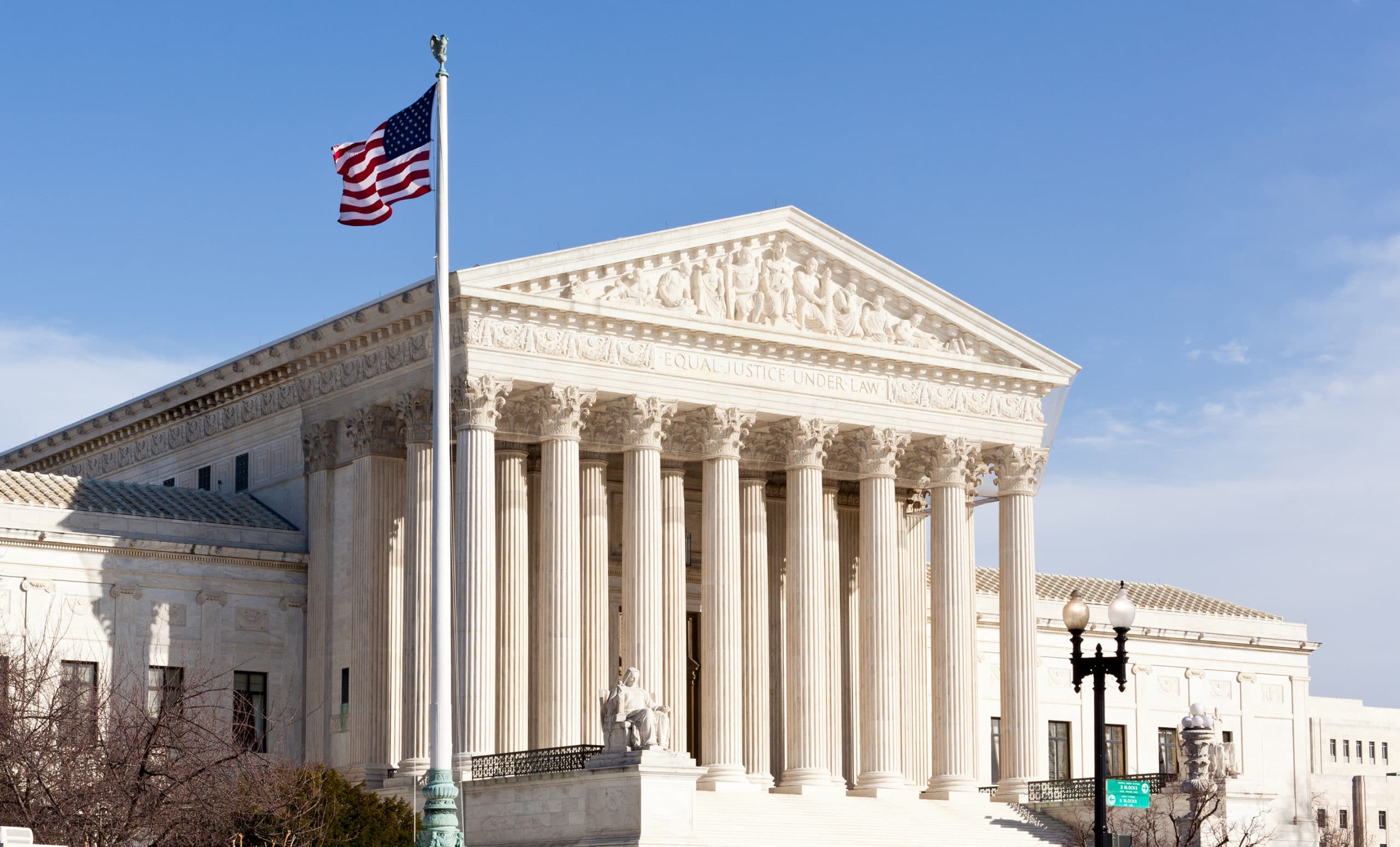Category: Landmark Cases

Most people have a basic understanding of double jeopardy. Generally, the double jeopardy clause, which is found in the Fifth Amendment to the U.S. Constitution, states that a person can’t be prosecuted more than once for the same crime. However, there are several exceptions to the double jeopardy doctrine, and it’s not as straightforward as…

Can Police Access Cell Phone Location Data Without a Warrant? In a 5-4 decision, the U.S. Supreme Court handed down what digital privacy experts are hailing as a landmark case in Carpenter v. United States. If you own any kind of mobile phone, including a smartphone, you’ll want to read on to learn what Carpenter…

Fourth Amendment protections against unlawful search and seizure have been upheld in two recent landmark Supreme Court rulings related to the searches of vehicles. In both rulings handed down last month, the U.S. Supreme Court defended the right to privacy even when the parties in question broke the law. The cases were reported in USA…

A damning report into the way crime is handled in Ferguson, MO., has confirmed that not all local criminal justice systems are equal and some are riddled with bad practices. This month the Justice Department called on Ferguson, Mo., to “overhaul its criminal justice system, declaring that the city had engaged in so many constitutional…
Just as cell phones and smart phones have become a way of life in recent years, it has become routine for police to seek to recover information from the devices as part of their investigations. However, a recent U.S. Supreme Court has drawn a line in the sand on use of information from these devices…
Police powers of “stop and frisk” have proved controversial with landmark legal cases in Texas and elsewhere. New York is the current focus of the dispute due to a rigorous implementation of the power by the city’s police department. The New York Police Department recently lost an attempt to prevent an expert witness testifying about…
As any experienced Texas criminal defense lawyer will tell you, the vast majority of cases are resolved with a plea bargain long before they ever reach a courtroom. Plea bargains are important to prosecutors because they help efficiently clear dockets and allow them to prosecute more cases. They can also be beneficial to defendants by…
GPS technology can be a wonderful thing, just ask anyone with a terrible sense of direction what a godsend it can be. While the technology has many helpful, civilian uses it can also be used for other, more insidious purposes. As a case before the U.S. Supreme Court just this week highlighted, GPS can also…
On May 26, 2009, the Supreme Court handed down another important decision pertaining to Constitutional procedure. Almost everyone is familiar with “Miranda” rights. These are the warnings that police give suspects upon arrest. They are derived from the Supreme Court’s decision in Arizona v. Miranda, in which the Supreme Court held that suspects are entitled…
On December 10, 2008, the Court of Criminal Appeals (the Texas Supreme Court for Criminal Cases), in a case that I argued, handed down a decision reversing the lower court. The Texas Court of Criminal Appeals is arguably the most unfriendly appellate court for criminal defendants in the country, so anytime a defendant wins in…